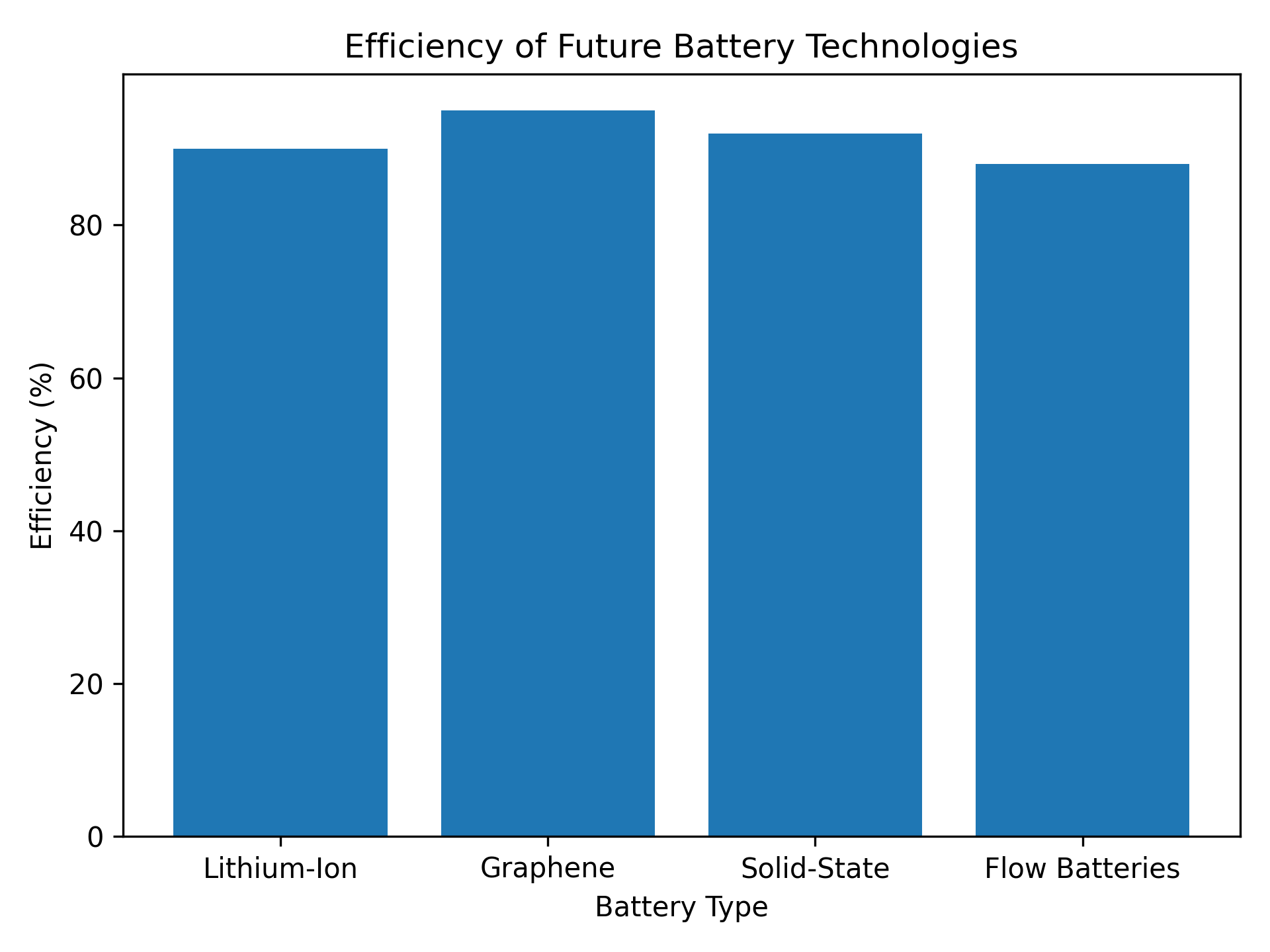Solar Power and Electric Vehicles
Introduction
As the world shifts towards sustainable transportation, the combination of solar power and electric vehicles (EVs) emerges as a powerful duo. Solar power can provide clean, renewable energy to charge EVs, reducing carbon emissions and promoting energy independence. This article will explore the benefits, considerations, and practical aspects of using solar power to charge electric vehicles.
Key Takeaways:
Solar charging provides eco-friendly and sustainable charging options for electric vehicles.
The amount of solar power needed depends on factors such as solar panel capacity, vehicle battery capacity, and charging requirements.
While the upfront costs of solar panels may be higher, the long-term cost savings and environmental benefits make solar charging an attractive investment.
Charging an electric vehicle during daylight hours maximizes solar energy utilization.
Solar panel charging speed is influenced by solar panel capacity, weather conditions, and battery size.
Setting up a solar charging system requires careful planning, professional guidance, and adherence to safety protocols.
Exploring government incentives can help offset the cost of purchasing and owning an electric vehicle.
Production vehicles incorporating solar panels demonstrate the potential of solar energy in enhancing charging capabilities.
Embrace the sun's power and leverage solar charging for your electric vehicle. Join the sustainable transportation movement and positively impact our planet's future!
How, Why, and When to Use Solar to Charge an Electric Vehicle
Solar charging offers several compelling reasons to embrace this technology. By utilizing solar power, EV owners can reduce their carbon footprint, minimize reliance on the grid, and save on electricity costs. Solar charging is particularly beneficial in residential settings and remote locations, where the convenience and sustainability of solar power shine the brightest.
Key Takeaway: Solar charging for electric vehicles presents a viable and eco-friendly option that promotes sustainable transportation while reducing reliance on traditional power sources.
How Much Solar is Needed to Charge an Electric Vehicle?
Determining the solar power required to charge an electric vehicle involves various factors. The capacity of solar panels, the battery capacity of the vehicle, and the charging requirements all play a role. By considering these factors, it is possible to estimate the appropriate solar panel capacity needed to meet an EV owner's charging needs.
Key Takeaway: The amount of solar power needed to charge an electric vehicle depends on solar panel capacity, battery capacity, and individual charging requirements.
What it Costs to Charge an Electric Vehicle With Solar
While the upfront investment for solar panels and associated equipment may seem substantial, the long-term cost savings and return on investment make solar charging an attractive option. By reducing reliance on the grid and taking advantage of solar power's low operating costs, EV owners can experience significant savings over time.
Key Takeaway: While the initial cost of installing solar panels for EV charging may be higher, the long-term cost savings and environmental benefits make it a worthwhile investment.
The Best Time to Charge an EV with Solar Panels
Optimizing the charging time for electric vehicles with solar panels is crucial for maximizing solar energy utilization. Charging during daylight hours, when solar energy production is at its peak, ensures that the majority of charging is powered by clean, renewable energy. Taking advantage of time-of-use tariffs and charging during off-peak hours can also optimize cost savings.
Key Takeaway: Charging an electric vehicle with solar power is most efficient during daylight hours when solar energy production is at its peak.
How Fast Can a Solar Panel Charge an EV?
The charging speed of a solar panel depends on various factors, including solar panel capacity, weather conditions, and the vehicle's battery size. While solar charging may not match the rapid charging speeds of dedicated fast-charging stations, advancements in solar panel technology continue to improve charging efficiency.
Key Takeaway: Solar panels can charge electric vehicles, but the charging speed is influenced by factors like solar panel capacity, weather conditions, and battery size.
How to Charge an EV With Solar
Setting up a solar charging system for an electric vehicle involves a step-by-step process. It includes the installation of solar panels, charging equipment, and safety considerations. Consulting professionals and obtaining necessary permits ensure a safe and efficient solar charging experience.
Key Takeaway: Setting up a solar charging system for an electric vehicle requires careful planning, professional guidance, and adherence to safety protocols.
Incentives for Buying an EV
Government incentives, tax credits, and rebates are often available to promote the adoption of electric vehicles. These incentives aim to encourage sustainable transportation options and reduce emissions. Understanding and taking advantage of these incentives can make owning an EV even more financially advantageous.
Key Takeaway: Investigating government incentives can help offset the cost of purchasing and owning an electric vehicle.
Production Cars That Have Solar Panels
As solar power gains popularity, several production vehicles are incorporating solar panels into their design. These solar panels can contribute to the charging capabilities of the vehicle, extending the range and reducing reliance on external charging infrastructure. Notable examples include the Hyundai Sonata Hybrid, the Toyota Prius Prime, and the Lightyear One, which boasts an extended range thanks to its integrated solar panels.
Key Takeaway: The integration of solar panels into production vehicles showcases the potential for solar energy to enhance the charging capabilities of electric vehicles.
Frequently Asked Questions (FAQ)
-
While solar panels on vehicles have potential, their limited surface area and the energy demands of electric vehicles make it challenging to rely on solar power alone. However, solar panels can supplement charging and increase overall efficiency.
-
Yes. Charging a Tesla or any other electric vehicle using solar power is possible. By installing solar panels on your property, you can harness clean energy to charge your Tesla, reducing your reliance on the grid and increasing your potential to save money on electricity costs.
-
Having a solar battery, such as a home energy storage system, can enhance the benefits of solar charging for your electric vehicle. It allows you to store excess solar energy generated during the day and use it to charge your vehicle at night or during periods of low solar production, increasing self-consumption and energy independence.
-
The size of the solar system needed to charge an electric car depends on various factors, including the vehicle's battery capacity, charging requirements, and energy consumption. As a rough estimate, a typical residential solar system with a capacity of 4-6 kilowatts can provide sufficient energy to charge an electric car, but it is recommended to consult with solar professionals to accurately size the system based on your specific needs.
Conclusion
Solar charging presents an exciting opportunity for electric vehicle owners to embrace sustainable transportation while reducing their environmental impact. By harnessing the sun's power, electric vehicle owners can reduce carbon emissions, minimize reliance on the grid, and potentially save on energy costs. Solar charging systems, combined with government incentives and advancements in solar panel technology, offer a promising future for clean and efficient electric vehicle charging.





